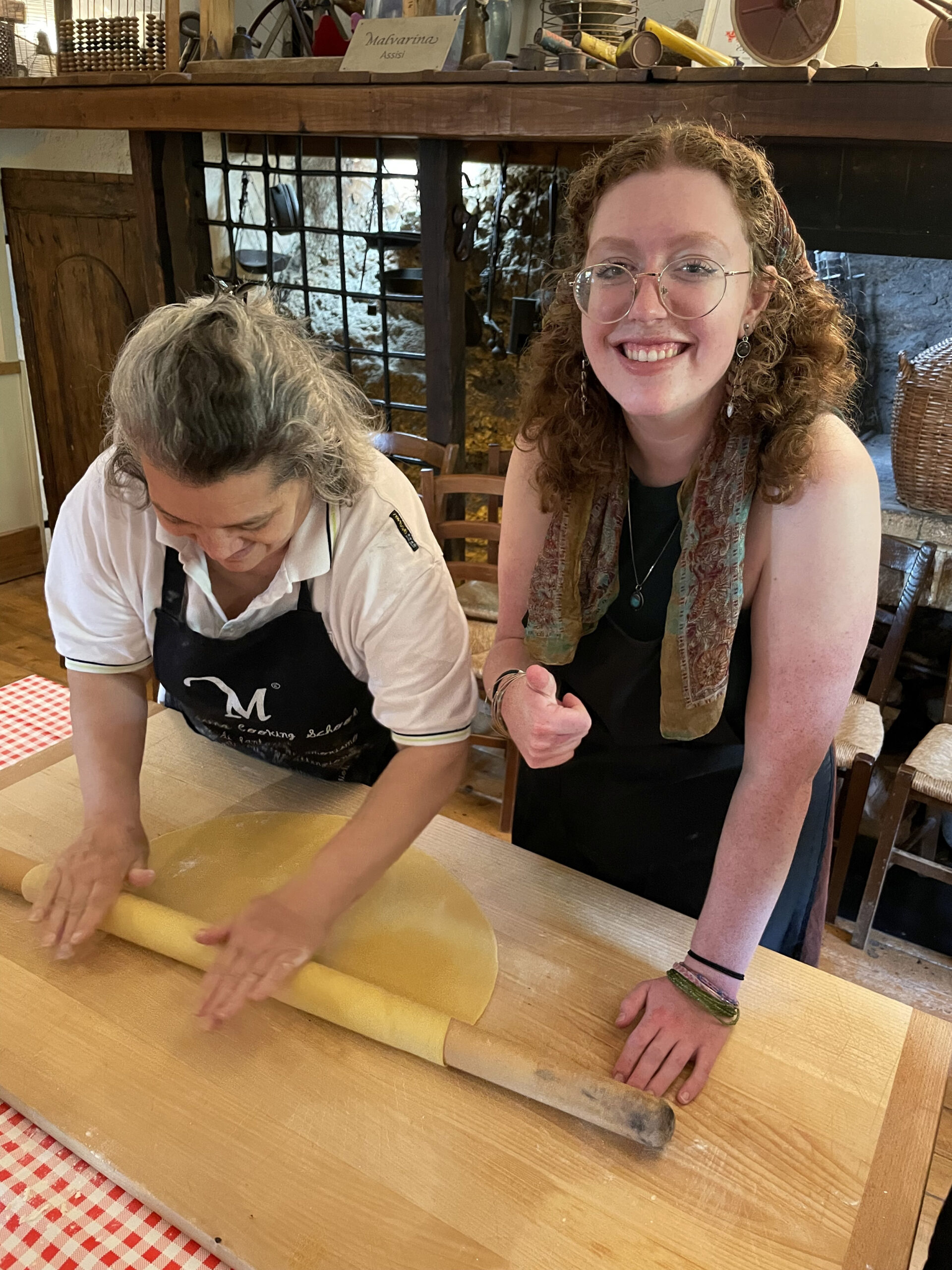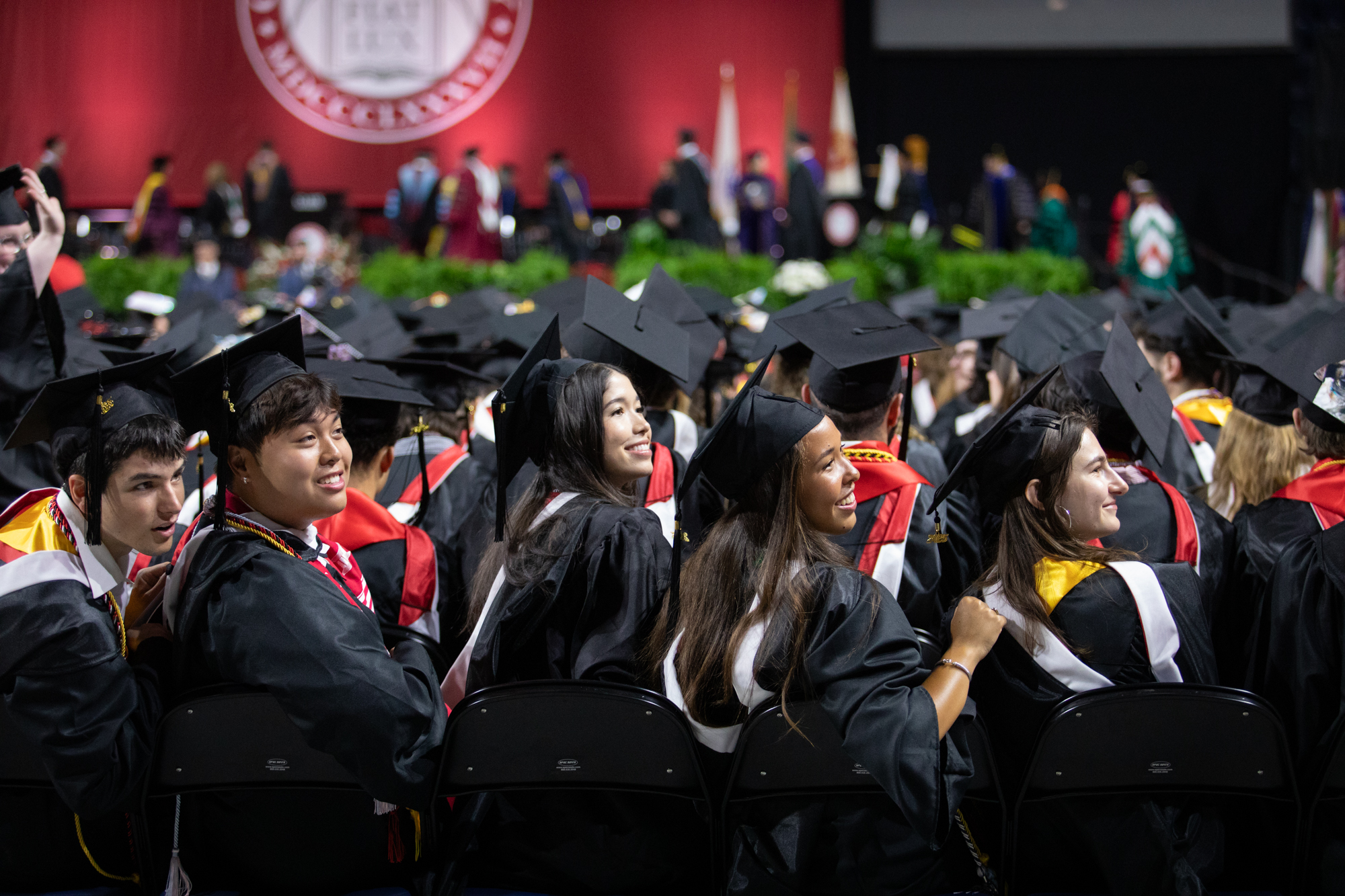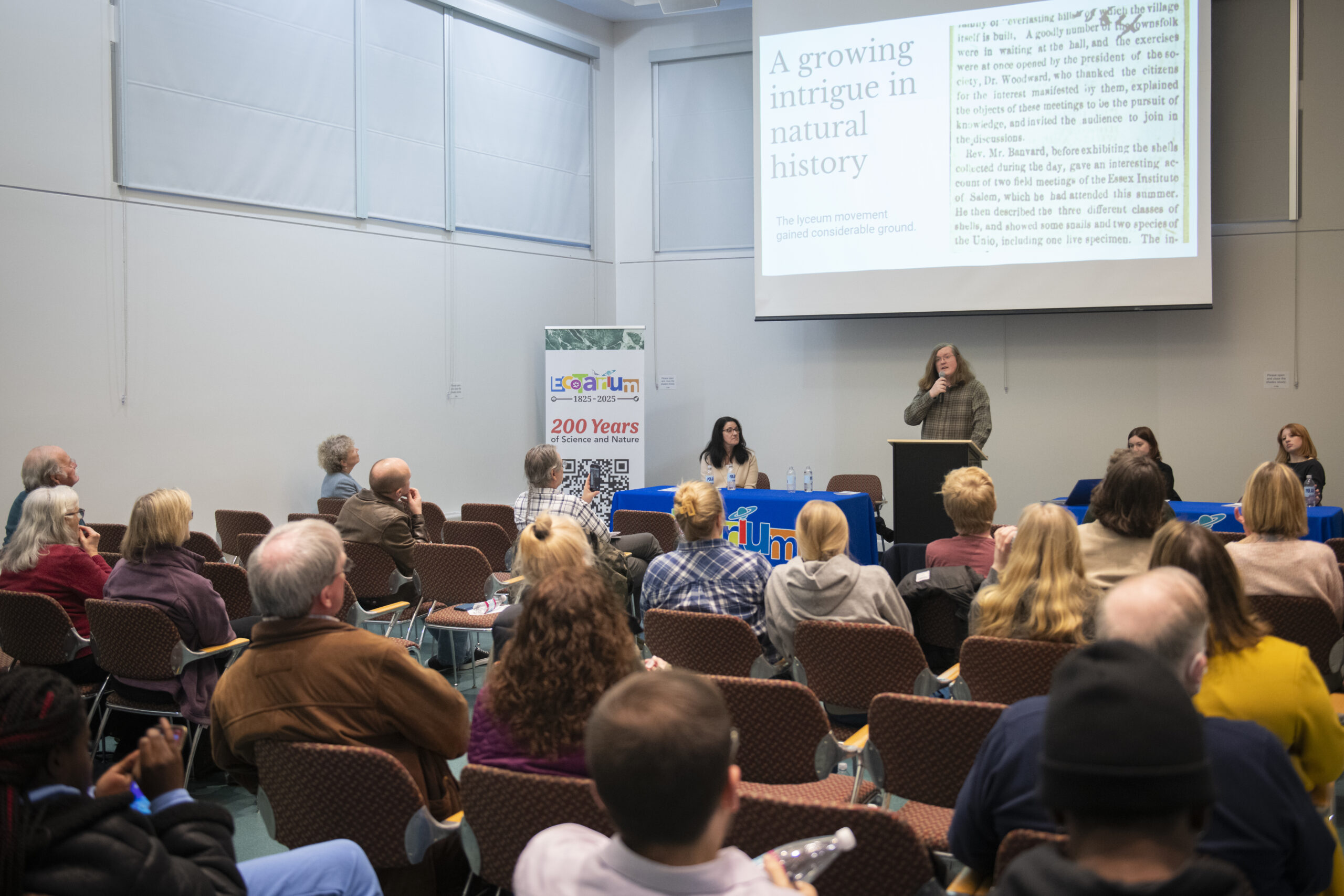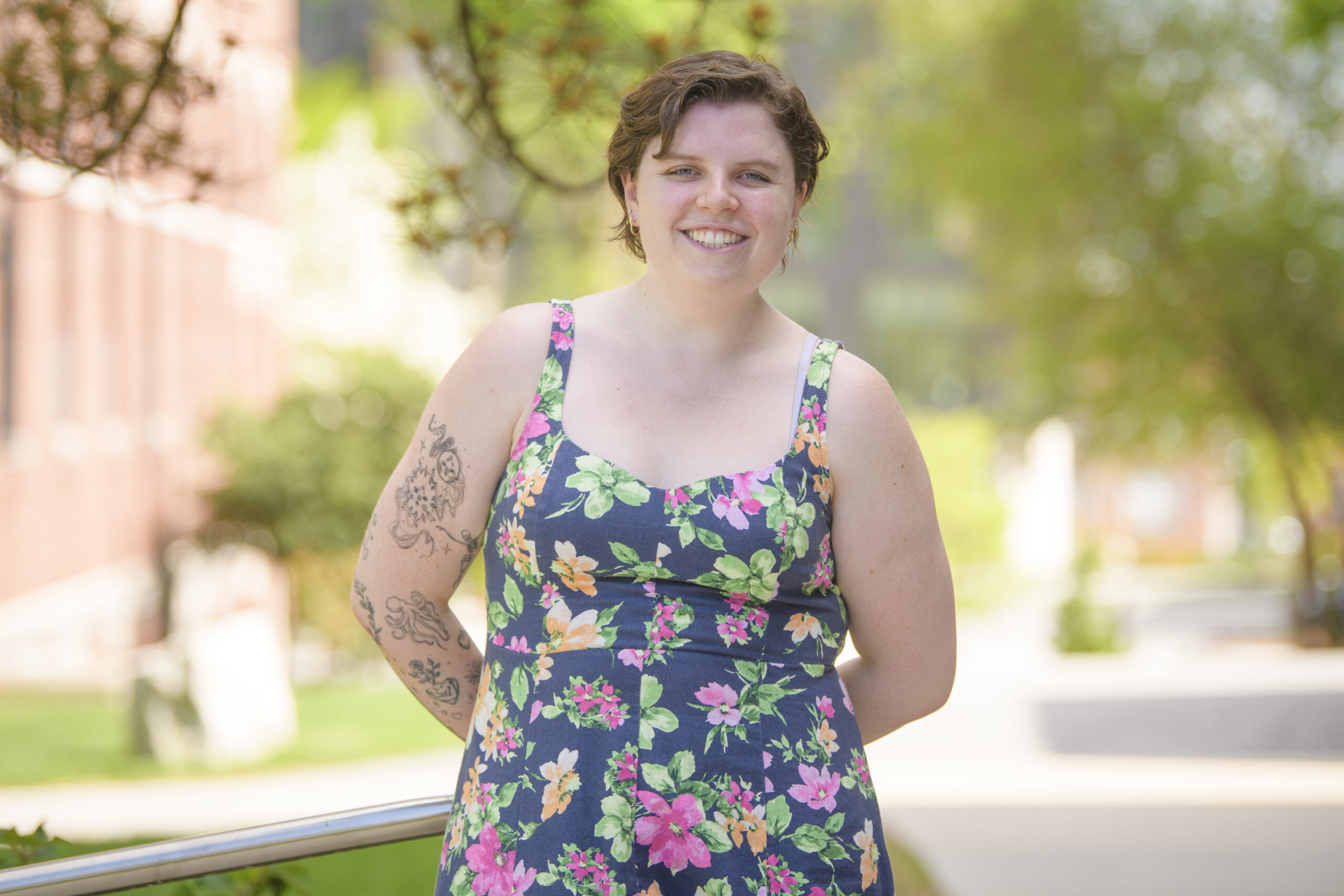Italian city of Perugia hosts Clark science course exploring the chemistry behind food
One of Clark’s most popular courses headed to Italy, where students had a full-sensory experience in learning about the chemistry behind preparing and eating the food of Umbria, a region bordering Tuscany and known as the “green heart” of the country.
Don Spratt, associate professor in the Gustaf H. Carlson School of Chemistry and Biochemistry, usually teaches the semester-long Kitchen Chemistry course at Clark. It fills up quickly with students in the arts, humanities, and social sciences who might otherwise shy away from science but need to fulfill a Scientific Perspective (SP) credit, part of the Clark Core curriculum.
“Kitchen Chemistry is all about trying to get people not to be so scared of chemistry and also to realize chemistry is an everyday process,” Spratt explained in a ClarkNow story last year. “With the food we eat and prepare, we’re constantly making and breaking chemical bonds. Flavor, aroma, colors, and texture — all are related to chemistry.”
This time, seven students joined him at the Umbria Institute in Perugia to explore the historical, practical, and chemical aspects of food in Italy.
Nolan Cotlier ’26 learns about the chemistry behind making pasta and, per the class’ Umbrian instructors, artfully creates a “bowl” to mix eggs into flour.
In a weekly laboratory session, the students prepared everything from pickles and butter to mozzarella and lasagna a ragù to better understand the chemistry behind sugars, fats and oils, proteins, fiber, and water, as well as the importance of enzymes, vitamins, and minerals for fermentation and human digestion.
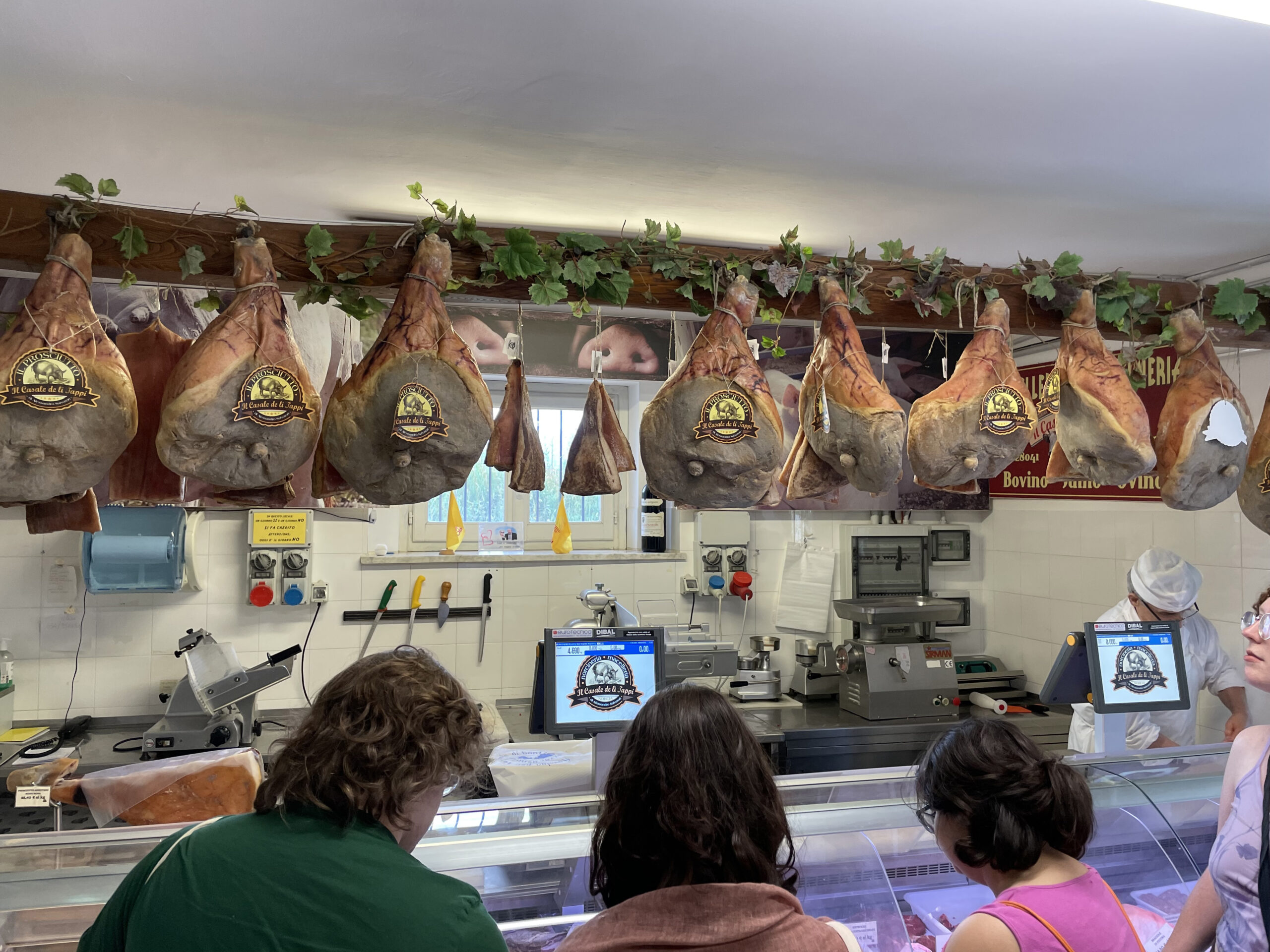
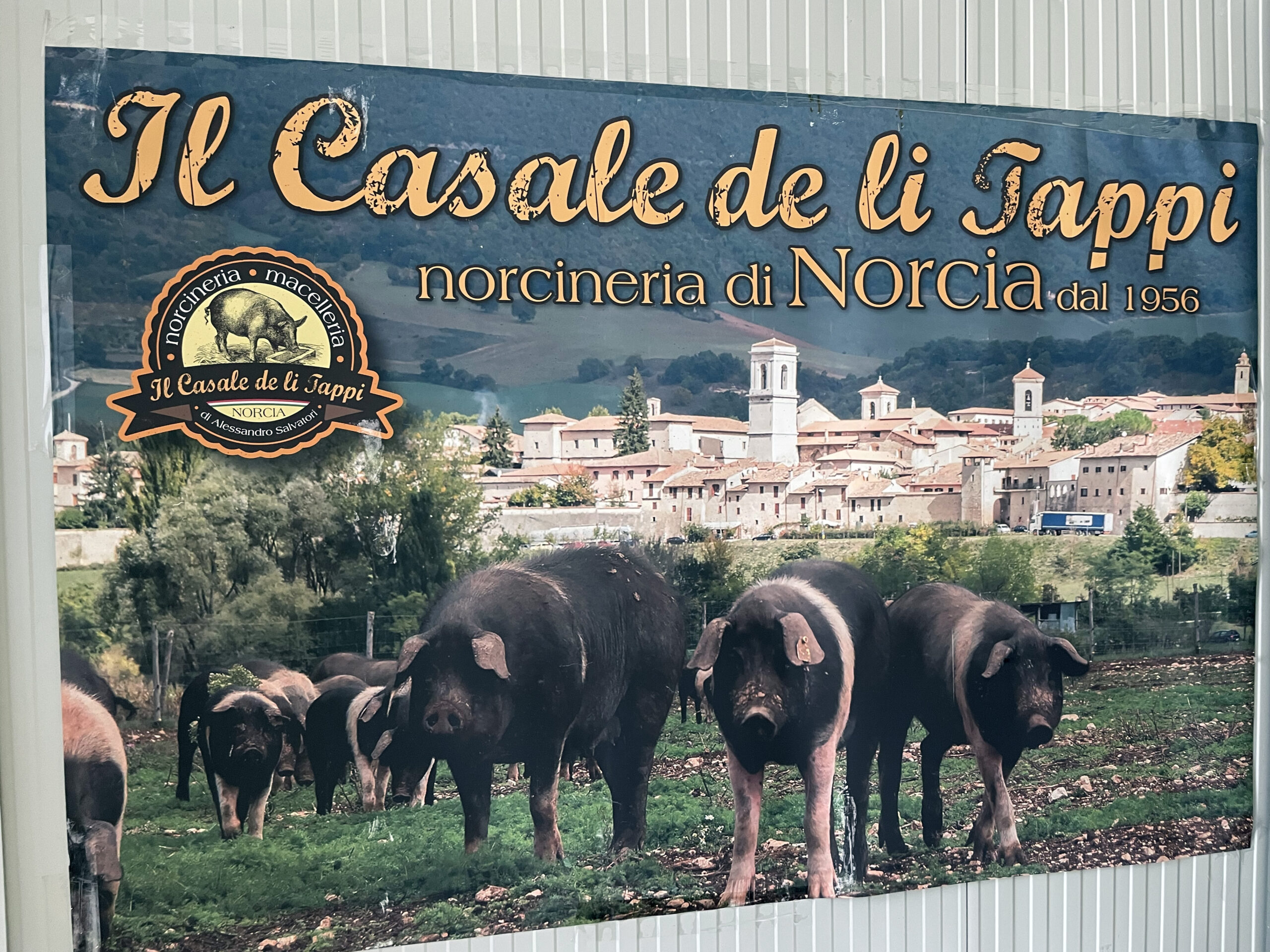
To get a taste of Umbria, the students took a food tour in Perugia; learned about the age-old practice of breeding pigs and producing salumi at Il Casale de li Tappi, a local farm; traveled to Agriturismo Malverina in Assisi to make pasta; tasted and learned about olive oils from a local producer; and participated in chocolate- and tiramasu-making workshops.
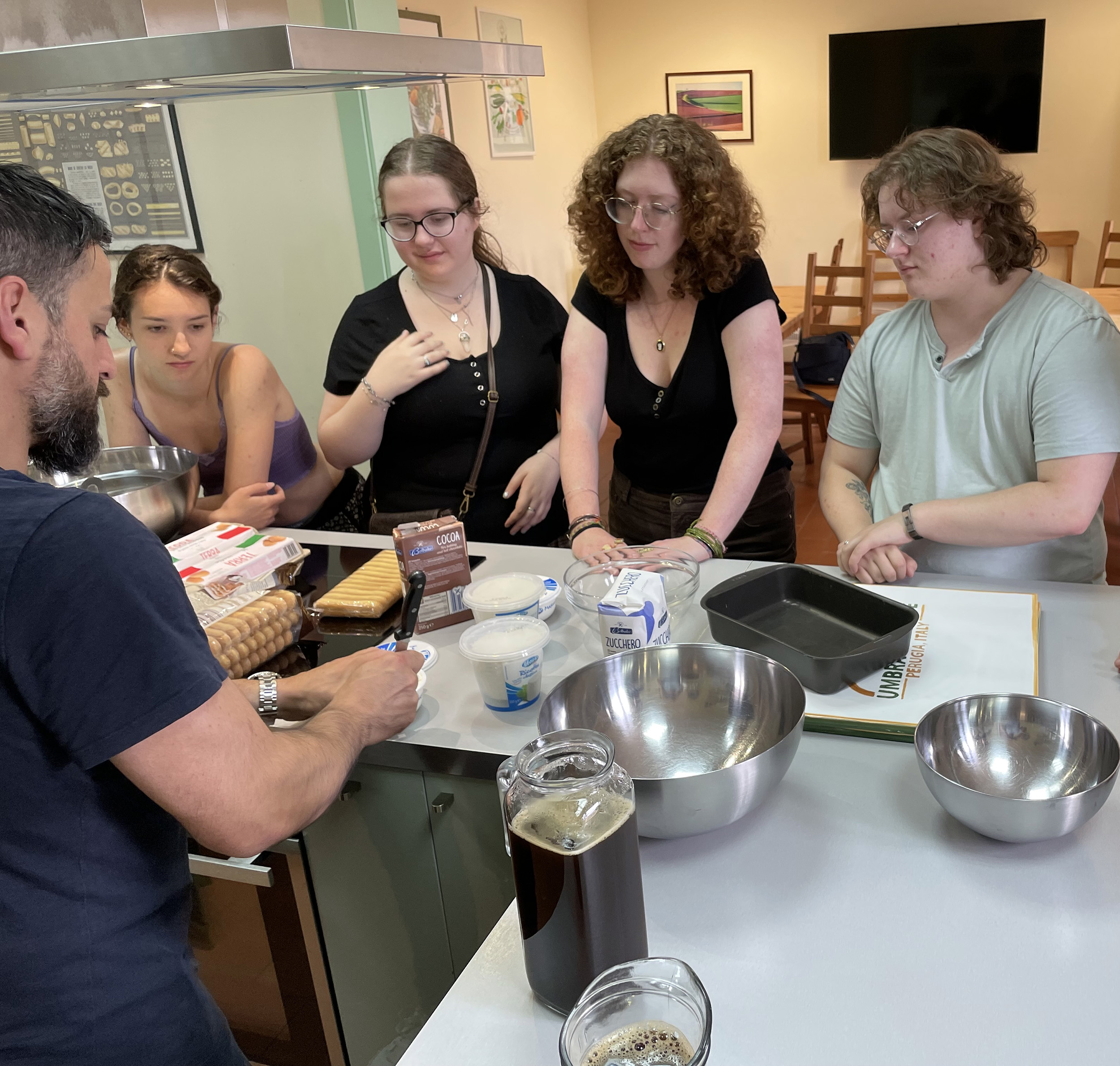
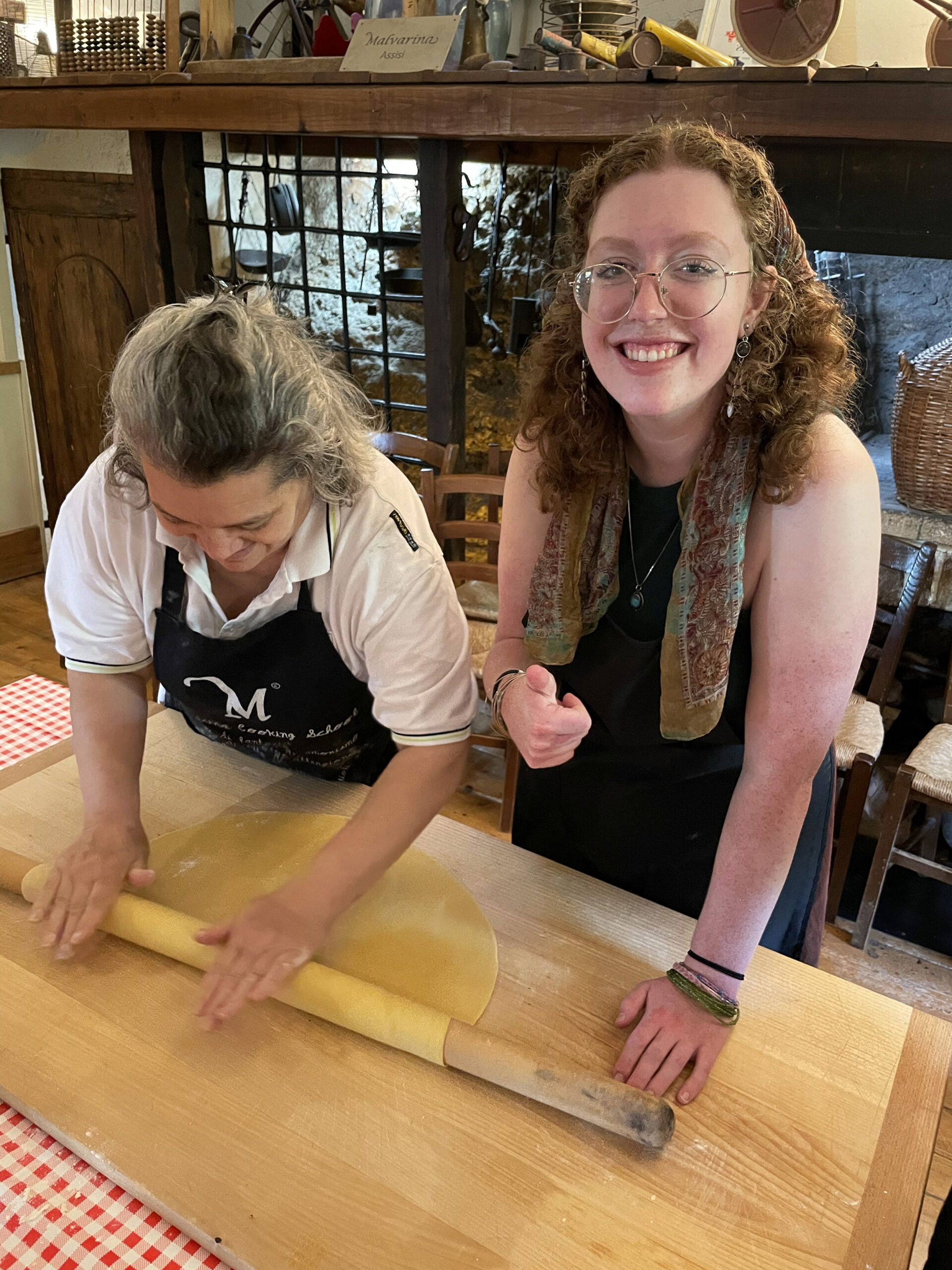
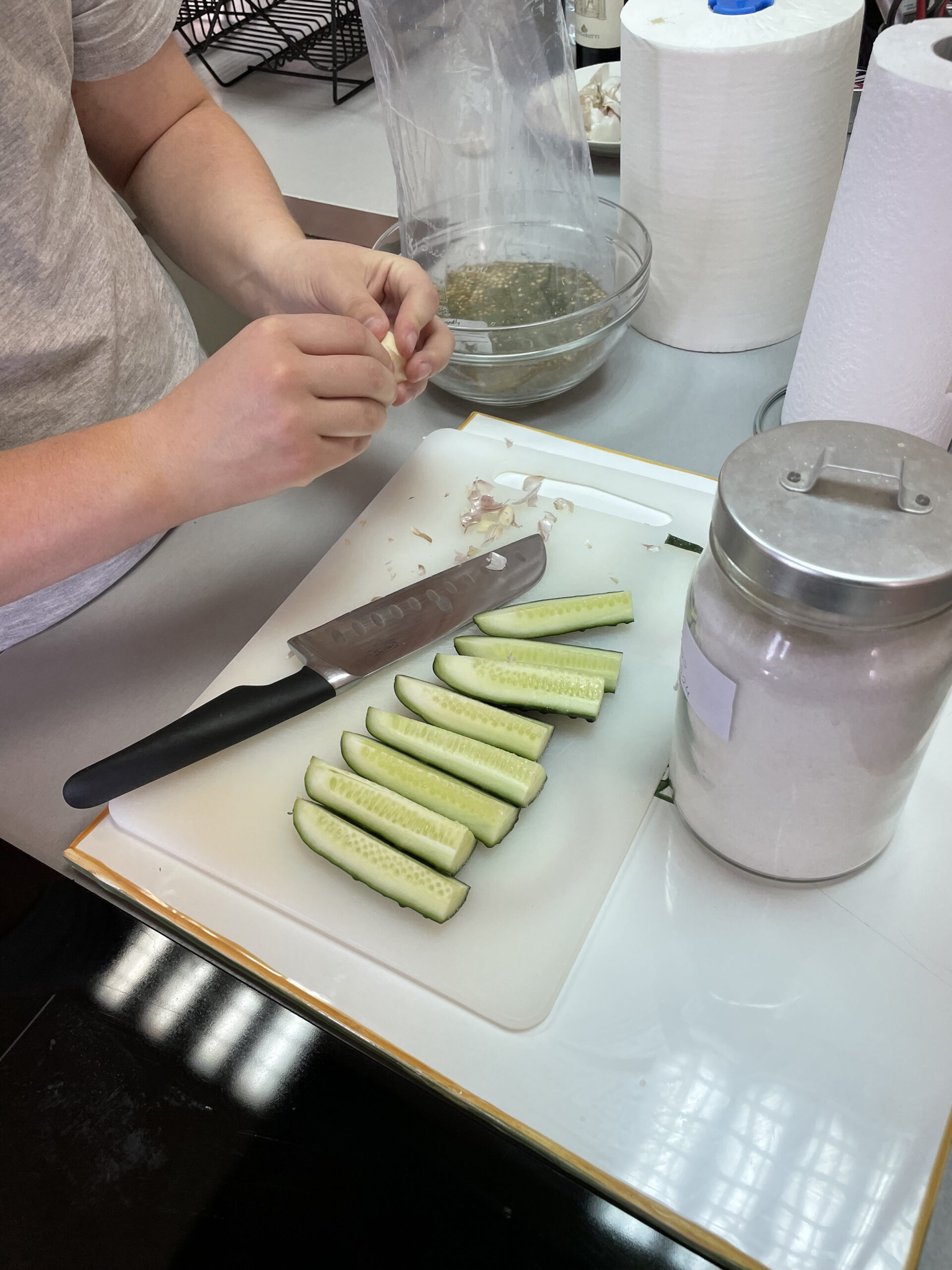
Spratt’s course was one of two Clark offerings at the Umbria Institute during the 2024 May Term, which ran through June. The other class was From Farm to Table: Entrepreneurship and Local Development, an international development course taught by Mary-Ellen Boyle, professor emerita of management, and Jacqueline Geoghegan, professor of economics.
According to the the Farm to Table professors, the course offered “a comparative approach to sustainable economic development, introducing students to Italian food and beverage businesses, European Union and regional government policies pertinent to these industries and their communities, and local cultural practices that focus on food.”
Both study abroad courses in Umbria — and a third in Greece — were funded by the Leir Program.
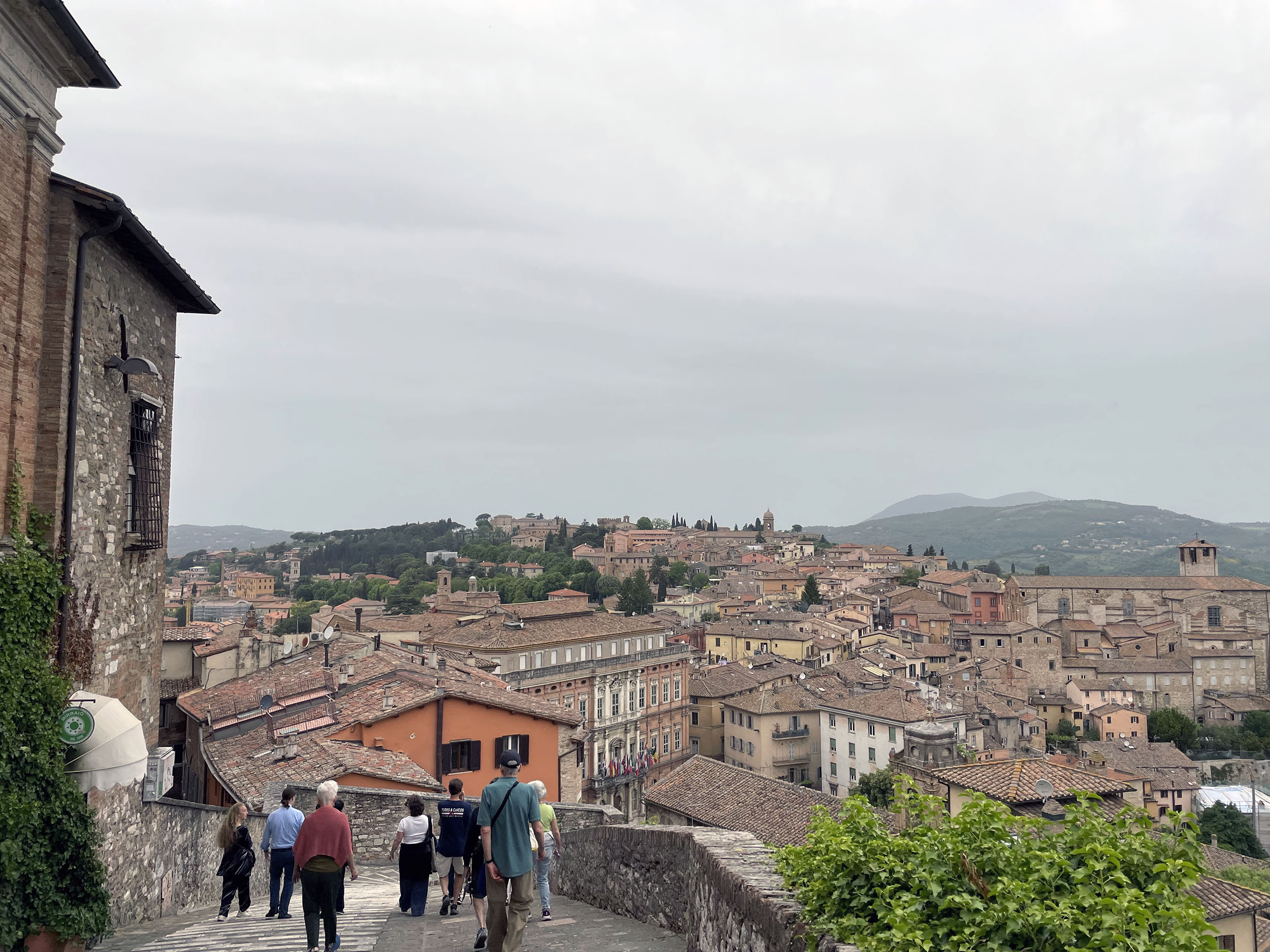
Group photo at beginning of article: From left, Nico Connolly ’27, Gwenne Balcius ’26, Maya Patten ’27, Nolan Cotlier ’26, Lukas Yau ’27, and Bella Carabino ’27 prepare to make chocolates. (All photos courtesy of Professor Don Spratt)


